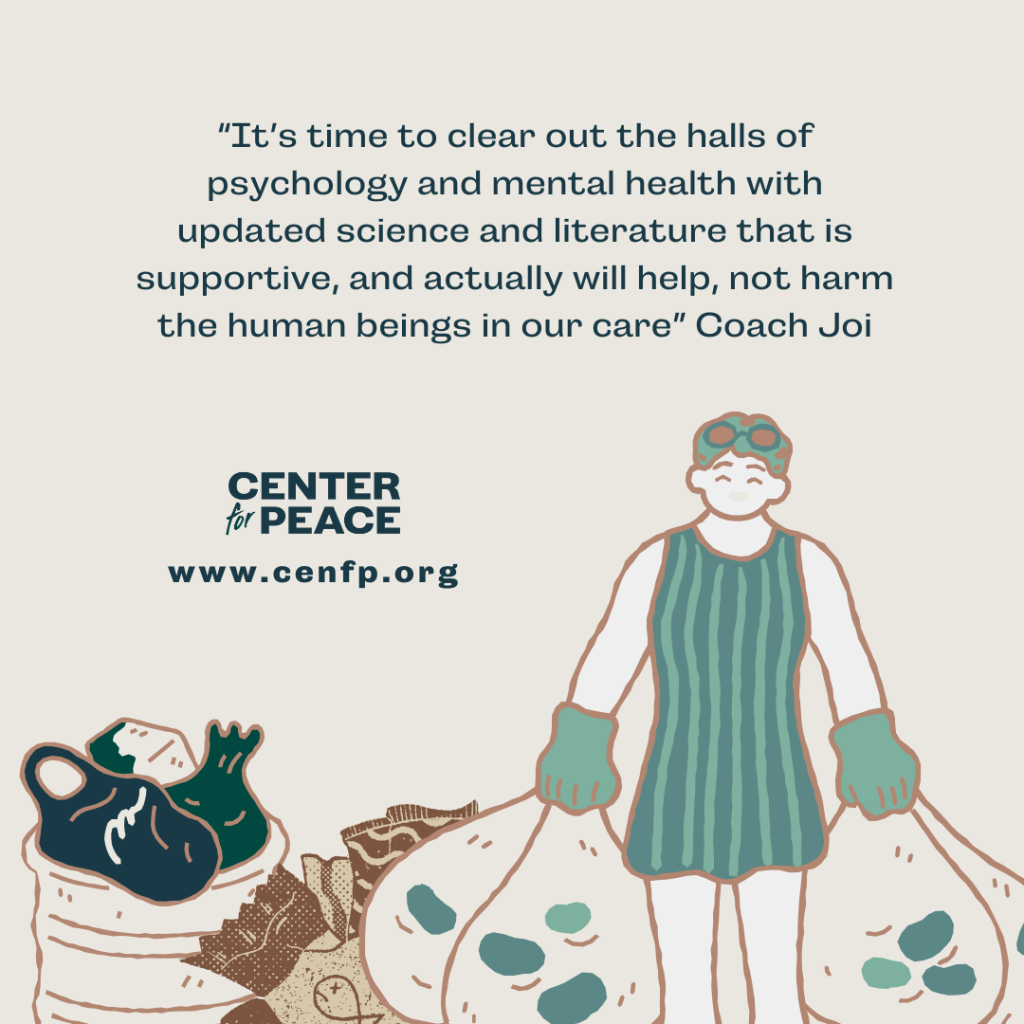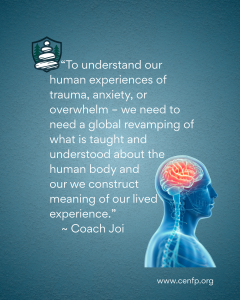
What if Your Brain Processes by Prediction, not Reaction?
- #abuse, #brainsdonothavefightflightcircuits, #coercivecontrol, #cortisolisnotastresshormone, #gaslight, #mandalaeffect, #newtheoriesandmodelsneeded, #noreactivebrain, #shoothemessenger, #stockholdsyndromemyth, #targeteddpartnerabuse©, #teleological #ontological #cenfp, #thegreatestgaslight, #themindandbrain, #thepredictivebrain #nolimbicsystem, #updateourmodel, #wedonothaveatriunebrain
- #abuse, #brainsdonothavefightflightcircuits, #coercivecontrol, #cortisolisnotastresshormone, #gaslight, #mandalaeffect, #newtheoriesandmodelsneeded, #noreactivebrain, #shoothemessenger, #stockholdsyndromemyth, #targeteddpartnerabuse©, #teleological #ontological #cenfp, #thegreatestgaslight, #themindandbrain, #thepredictivebrain #nolimbicsystem, #updateourmodel, #wedonothaveatriunebrain
How would this change all of the psychological theories we believe?
What if I told you that most of the information we learn in our psych classes or read online when we are attempting to create social media content for our coaching clients is wrong?
What if you woke up one day thinking your brain operated one way, only to discover it was all wrong? What if the reasons you heard for why you are the way you are have been debunked – would it feel like another ‘Mandala Effect’, like the Berenstain Bears Mandela Effect
Maybe this is one of the greatest gaslights on the human mind.

The Predictive, NOT Reactive Brain
Most of us still rely on old science when it comes to the operations of the brain and the psychological impacts of those operations. This is due to the former belief that the brain was mostly dormant unless stimulated by some sort of input.
Input is generated, and the body complies. The “Stimulus-Response” theory of psychology, developed by John Watson, is based on the early classical conditioning theories, like those of Pavlov and Skinner. The idea is that a stimulus could elicit a response when paired with a type of conditioning action. The ideas embedded in these theoretical constructs are that we can generate or prevent specific behaviors when pairing the correct encouraging or inhibiting stimuli with the desired behavioral outcomes.
Like strings and pulleys, the mechanistic functions of the brain and body do so without any agentic influence — or so they thought.
The fact is, we have a lot more agency in these processes, possibly more than many would like to admit.
Predictive Brain Theory
As science improves its understanding of brain function, we need to update our theoretical applications and explanations for psychological phenomena of human thought and behavior. While science has taught us in amazing ways, we still cannot put all the pieces of the brain’s puzzle together to ascertain what it is doing and where it all happens.
I’ll highlight a few points about the brain that are particularly important for the population of clients I work with.
- The brain is not a reactive, stimulus-based system. Rather, the brain’s predictive process is built by each human’s experience in the world and their own body.
- The brain does not have a 3-tierd buildout, known as the “Triune” brain. Suggesting that the brain developed in a series beginning with a reptilian region, followed by a paleomammalian region – more commonly known as the infamous “Limbic System,” And lastly the neocortex or “pre-frontal cortex.” **It is important to note that this theory has been largely discredited by neuroscience.
Here are a few more to consider.
- Emotions don’t happen to us. They are an ongoing construction feature of our predictive brain.
- As such, the amygdala (of which we have two, not just one) is not the point in the brain for emotion or fear. We do not experience amygdala hijacking as is commonly noted in popular social media commentary.
- Brains DO NOT have dedicated circuits or systems for fighting and fleeing. In addition, the brain does not have a limbic system dedicated to emotions.
- Chemicals like dopamine and cortisol are metabolic regulators (they aren’t reward chemicals or stress hormones – contrary to popular opinions).
The Problem for Humanity
If our understanding of brain development and function is flawed, then it follows that many of the theories and models based on these understandings are also likely flawed and in urgent need of revision.
When we are working to understand trauma and the impact on us as human beings, and we are using explanations for physiological sensations and the psychological reasons for those sensations from incorrect information, we are harming the people already in pain from the experience.
We have created whole-cloth narratives from patently false processes and convincingly sold them to humanity.
Before You Shoot the Messenger
Consider for a moment that truth sets us free. Truth is especially critical in a population where we’ve believed so many lies from perpetrators and their professional flying monkeys about addiction.
As we’ve pushed back, bringing forward a model that supports what victims are experiencing, ABUSE. We have been able to find the language for our experience and the reasoning for what is happening to us, without all of the blame on the victim, or the coddling of the perpetrators.
We need to continue this journey. We still have a long way to go before we can consider the potential for what neuroscience and behavioral science might offer us in understanding human nature and the consequences of behaviors perpetrated on other humans.
The road is even longer in bringing academia into accountability for the poor training of those who are people helpers.
Problems in our Population
As you are aware from many of my social media and blog posts, we have language and theory problems in the field of “Targeted Partner Abuse©” and Coercive Control with the descriptors we use.
- Consider the construct we discussed last week regarding “Stockholm Syndrome.”
- Consider the countless ways we mutualize abuse with terms and phrases such as,
- Trauma bond
- Reactive abuse
- It takes two to tango
We also have a plethora of terminology we use to describe abuse itself, beginning erroneously as an addiction to the push on narcissism and toxic – whatever you want to add to that reference.
When something matters, we often have multiple terms for a particular problem or “phenomenon” (as we say in the psychology field). These terms, and their associated hypothesistic reasoning, are not always accurate.
I would submit to you that far too many are patently and categorically false psycho-trash!

For What it’s Worth
As a Christian therapist and a person of faith, it is important to note that we may never have a full explanation of the inner workings of the brain sufficient to explain all our human experiences in psychological contexts. Much of this, I believe, is in God’s lane, not ours. The intersection of brain and mind (physiological vs. psychological) will likely remain a teleological and ontological debate.
For now, we must consider the stewardship we owe to one another, particularly those in our caste-systems of academic and scientific authority. We need to care for one another’s psychological well-being with accurate instruction and explanations of the workings of the mind and body.
We must be particularly mindful of the various spheres of influence within helping professions. While coaching can be a helpful resource for many people, there are too many “Dr Google”-based instruction sites that do not have accurate information from which to draw on to help educate clients. Likewise, many well-meaning therapists are not qualified to work in an abuse specialty either.
Abuse Specialists Services
At Center for Peace, we offer a variety of services to help you navigate the abuse targeted upon you, or the abuse you perpetrate.
If you would like an opportunity to gain a better understanding of your experience and be guided in the restoration of your story and dignity, schedule a session today.


